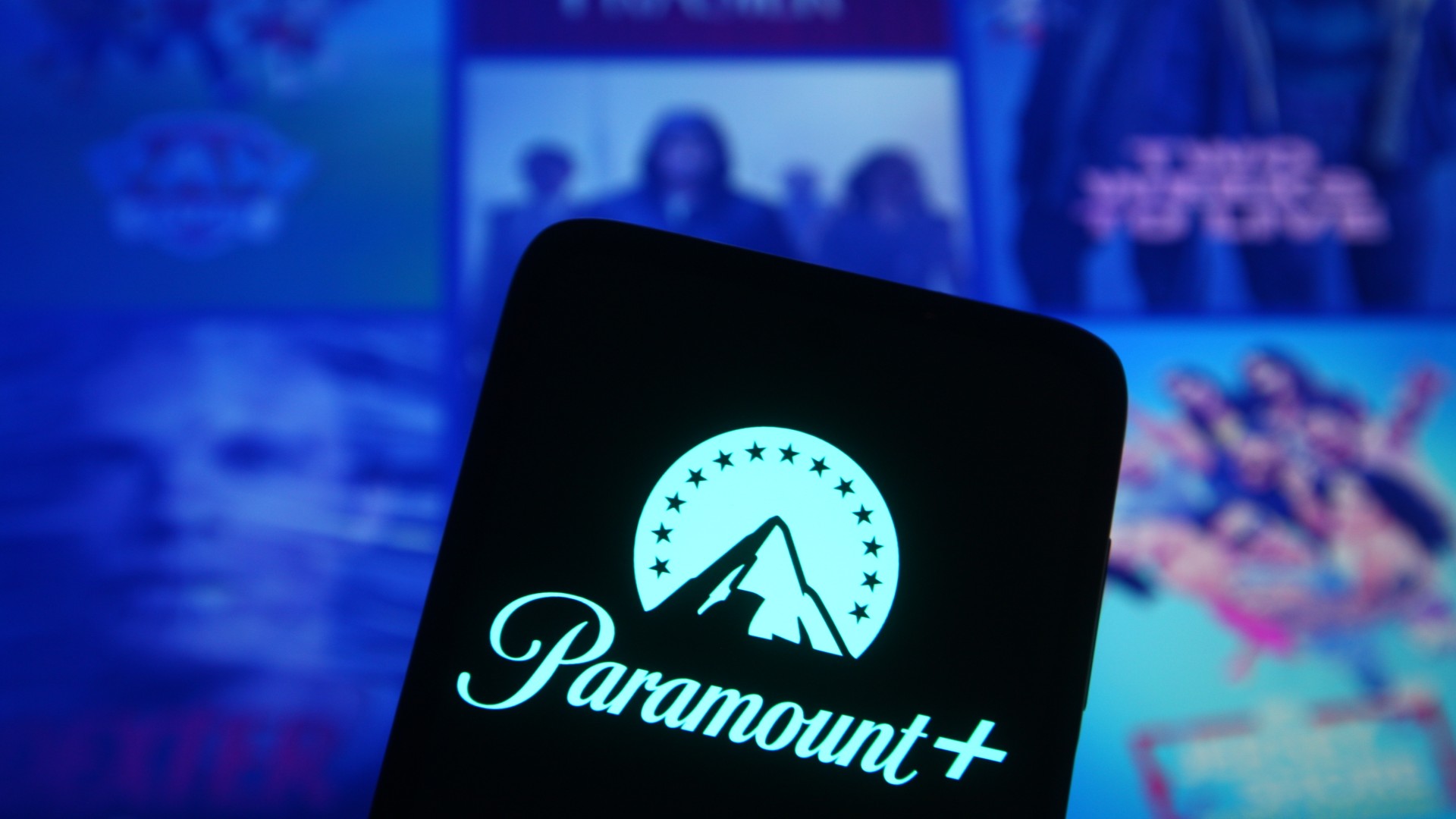
Paramount Plus is in ascendance, having topped 60 million subscribers for the very first time.
That’s largely thanks to Star Trek – with the latest seasons of Star Trek: Picard and Strange New Worlds bringing Trekkies in their droves – as well as the Yellowstone spin-off show 1923.
With the help of NFL playoff broadcasts, and the option to bundle Showtime’s TV library (Yellowjackets, Billions, etc) into your subscription, Paramount Plus has managed to grow its number of subscribers in a pretty considerable way – even with the small price hike that came with the Showtime merger.
The streaming service, formerly known as CBS All Access, has certainly had some catching up to do. Despite launching in 2014, the service has been outpaced by newer offerings such as Disney Plus, which launched with a level of cultural capital (Disney, Pixar, Marvel, Star Wars) few other platforms could dream of. And while Paramount Plus is still far behind Disney’s 150+ million subscribers, it’s clearly carved out a space for itself in a highly competitive market.
It’s a different story over at Netflix, however – the once-dominant streaming service now seeing its market share attacked from all angles, as it desperately tries to balance its aim of making a profit with keeping its high subscriber count.
Psst, what's the password?
Netflix, like any streaming platform, tends to see its subscriber number fluctuate, depending on what shows are being released and when. We saw that number surge with the arrival of Squid Game, or Stranger Things season 4, while the service lost almost a million subscribers in the middle of 2022. It’s a rocky moment for the former king of streaming, then, and one that’s pushing Netflix into some desperate measures – in particular, cracking down on password sharing.
Netflix initially encouraged password sharing as a way to get the platform into more households, but the tide is clearly changing. After a number of trials in Canada, Latin America and elsewhere, Netflix is ready to roll out more stringent rules across the rest of its territories, limiting accounts to singular households after June 30.
Netflix sees its trials as a success, when it comes to better monetizing its subscriber base, though it should expect some bitterness from families or networks of friends who can no longer share an account on the cheap – Netflix knows it will lose subscribers, but believes that they'll come back.
Some recent improvements to the cheapest, ad-supported tier should help users sign on without too much more expense to themselves, though the sense of community around a Netflix account is being gradually eroded. That, along with the panicked actions of Shadow & Bone fans who don’t trust Netflix not to cancel their favorite show and are gaming the system, doesn’t paint a picture of a happy subscriber base.
As alternative options among the best streaming services grow in popularity, it’s clear that Netflix can only risk the goodwill of its user base so much.







